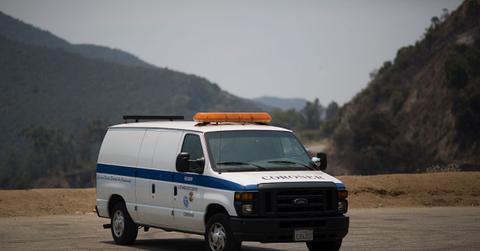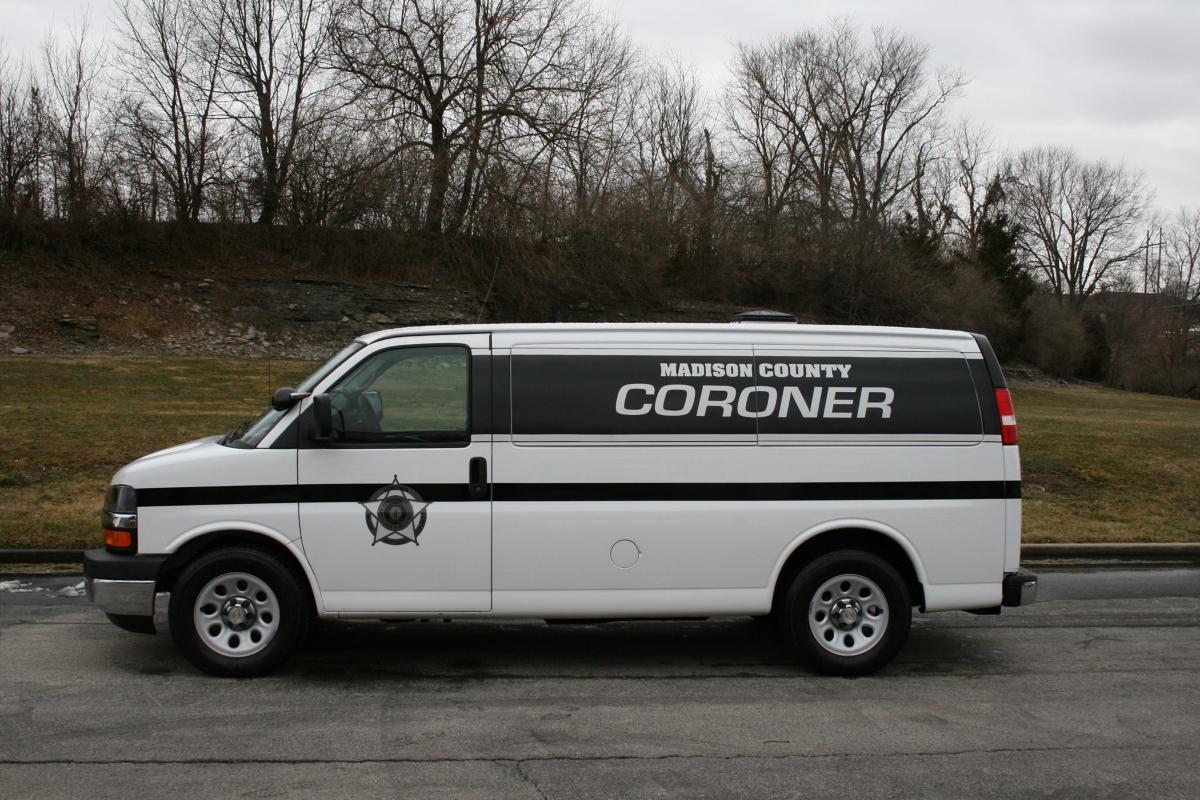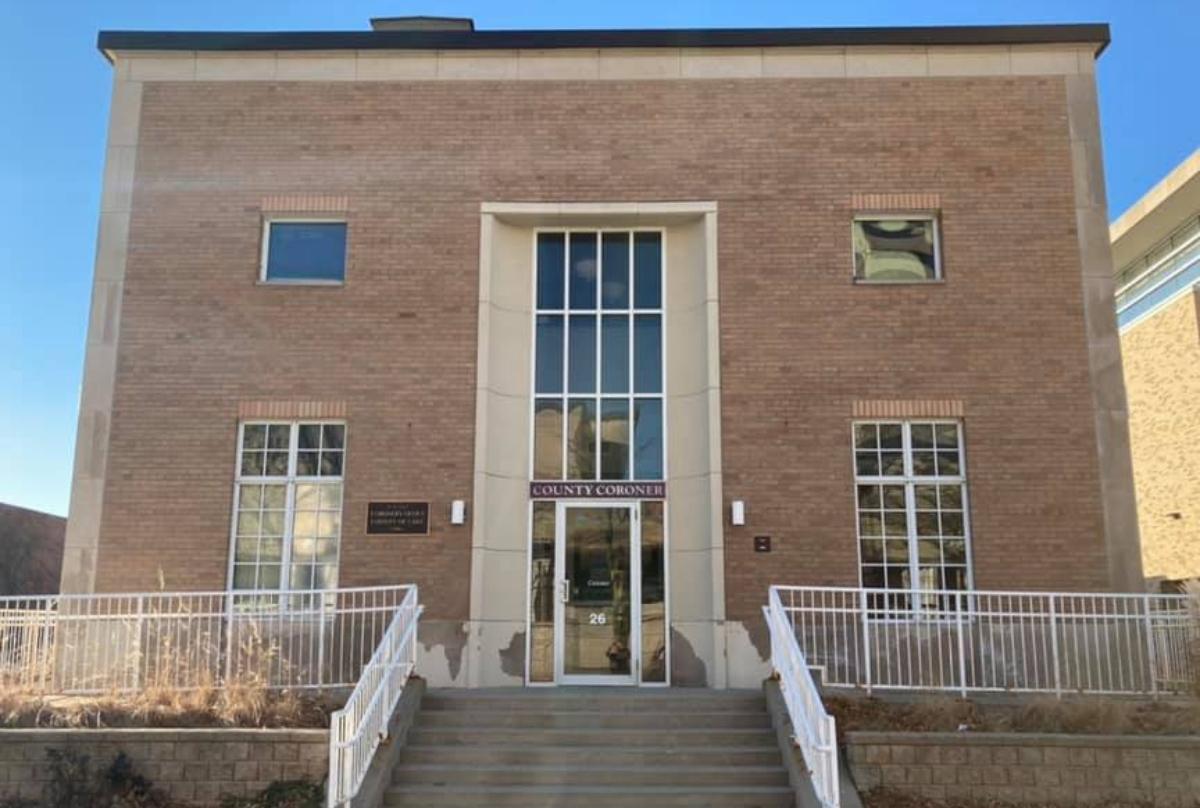Most Know What Coroners Do, but What They Make Might Surprise You
Most people have a rough idea of what a coroner does, but how much does a coroner make? We have all the details on the salary and job itself.
Feb. 15 2023, Published 12:16 p.m. ET

When you see a coroner's van at a scene, you know they may be investigating a death.
Whenever a high-profile death hits the media outlets, one person who plays a key role in an investigation may be the coroner. However, not everyone may understand exactly what a coroner does and how much a coroner makes. Whether you're interested in it as a potential career or simply to satisfy your curiosity, we have all the details.
A coroner is either an appointed or elected official who serves a specific region. In general, coroners investigate deaths that fit certain criteria. However, they don't look into every death that happens in their jurisdiction. Keep reading to learn about the job itself and how much a coroner makes.

The coroner is an elected or appointed official that looks into a percentage of deaths in their area.
What do coroners do? Here's a bit about the job description.
As Indeed.com explains, a coroner "is responsible for determining the cause of death of an individual." Coroners may have a number of duties including but not limited to:
- Visiting crime scenes to examine a body
- Transporting a body to the morgue
- Conducting internal and external examination of the body
- Completing a certificate of death
A coroner is tasked with deciding the cause of death of an individual and documenting it on the death certificate. This designation can include whether the death was by suicide, homicide, accident, or natural causes. Coroners may also specify a disease, injury, or poison that may have caused the death.

Coroners don't investigate all deaths for their region, but those that may have unusual causes or be criminally related.
Do coroners go to medical school? The answer may surprise you.
Although coroners work with dead bodies to determine the cause of death, they actually aren't always required to be medically trained as physicians. According to the Centers for Disease Control and Prevention (CDC), coroners aren't required to be physicians or forensic pathologists in most states.
However, that doesn't mean you can become a coroner without appropriate training. In 16 states, there are laws that specify training requirements to be a coroner. Only four states require coroners to be physicians: Kansas, Louisiana, Minnesota, and Ohio. Therefore, most coroners don't need to go to medical school.
To effectively determine the cause of death, coroners may employ other professionals such as physicians, pathologists, or forensic pathologists to perform autopsies in some cases. Coroners usually undergo initial training and continued training each year they're employed as a coroner.

Alameda County Coroner's Bureau
How much do coroners make?
Given that coroners don't require a medical degree in most states, the salary doesn't tend to be astronomical. According to CareerExplorer, the average U.S. salary for a coroner is about $71,650 annually.
Comparably gives a lower average salary of $55,247, however. Comparably also states that the highest-paid coroners in the U.S. are found in San Francisco, with an average annual pay of $82,705.

Lake County Illinois Coroner's Office
The Bureau of Labor Statistics doesn't list "coroner" among its wage statistics, but you can look at the job of Forensic Science Technician to get some idea of what coroners might earn. (Not all coroners are forensic science technicians, but some of the tasks they perform are similar.)
According to BLS data, forensic science technicians "Collect, identify, classify, and analyze physical evidence related to criminal investigations." The mean annual wage for this job is $66,850 and the mean hourly wage is $32.14. Those in the top 10 percent of the forensic science tech field earn about $103,430, while the bottom ten percent earn $37,670 per year.
What are other names for coroners?
A coroner may also be referred to as a forensic examiner, medical examiner, or chief medical examiner. They can employ others with expertise as needed. Only a relatively small percentage of all deaths for an area are referred to the coroner, while the majority are classified by the health department or healthcare professionals.
